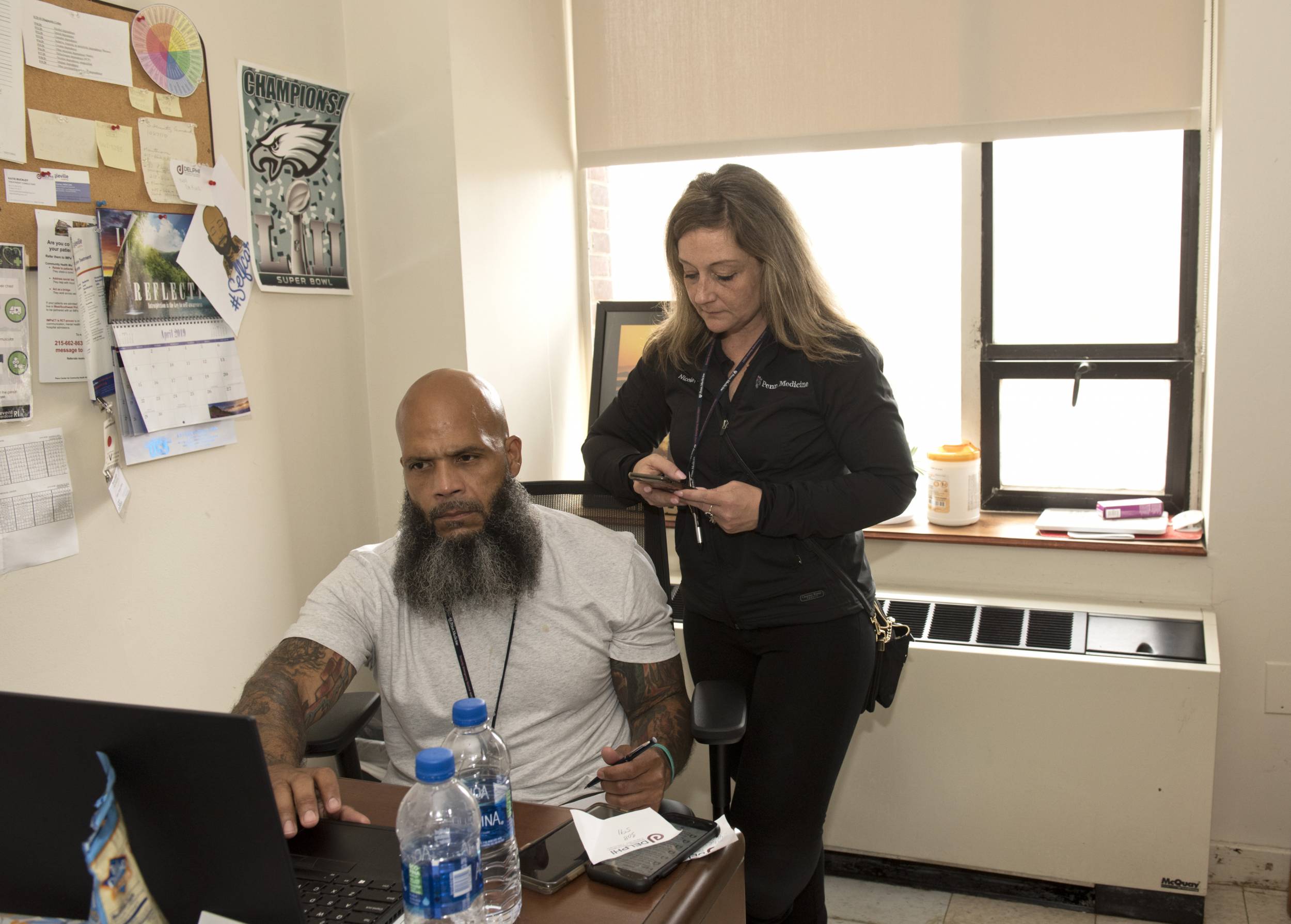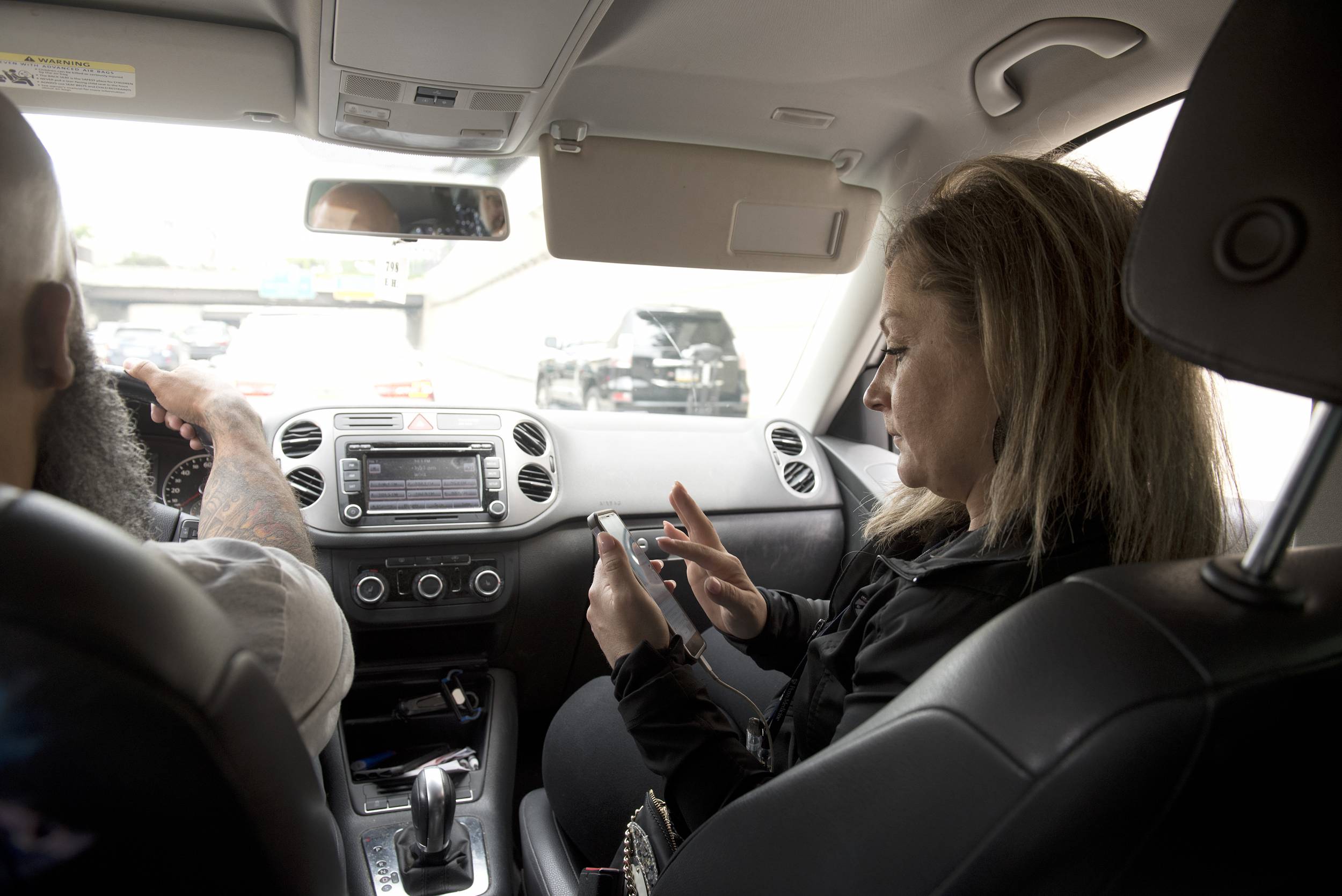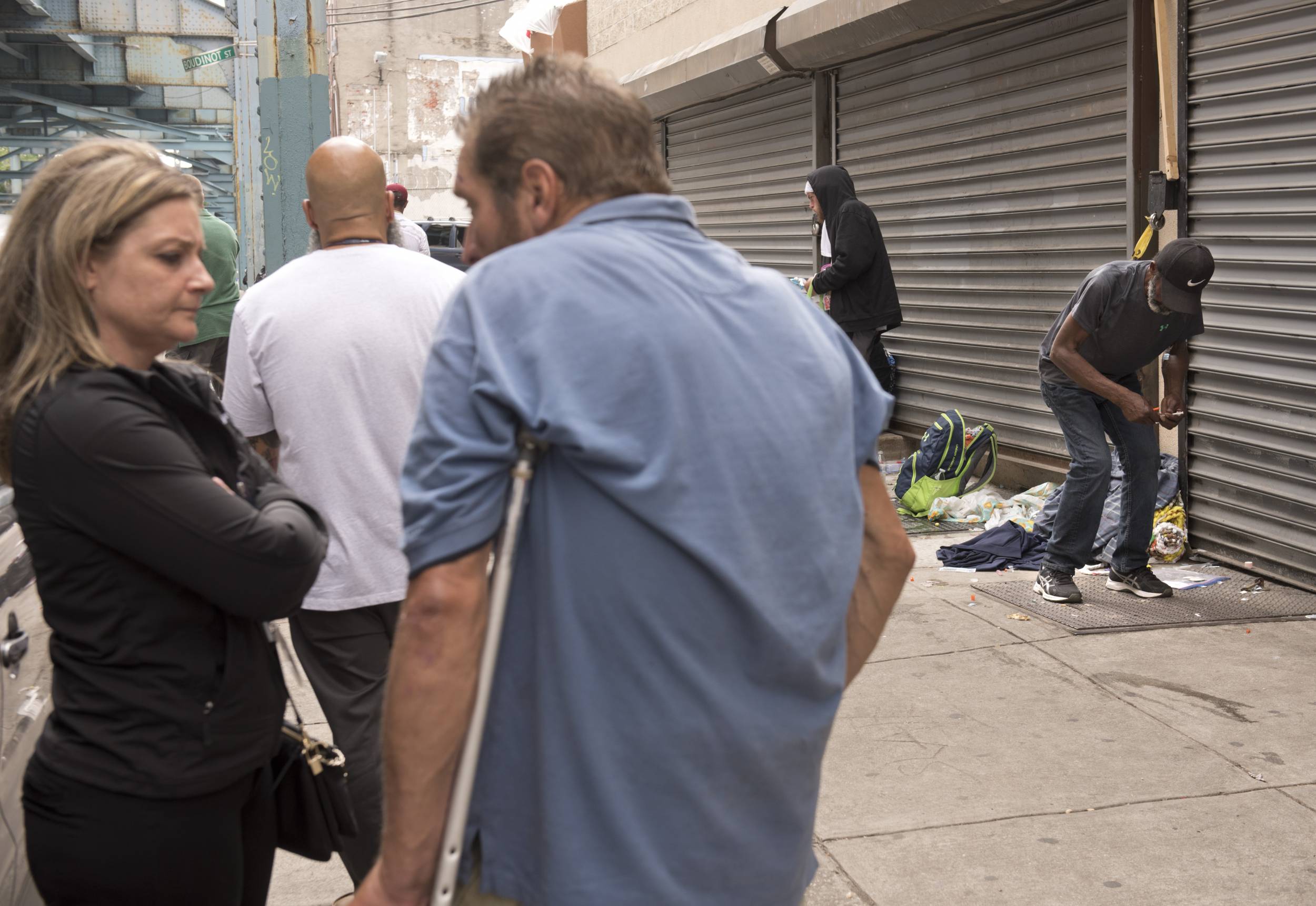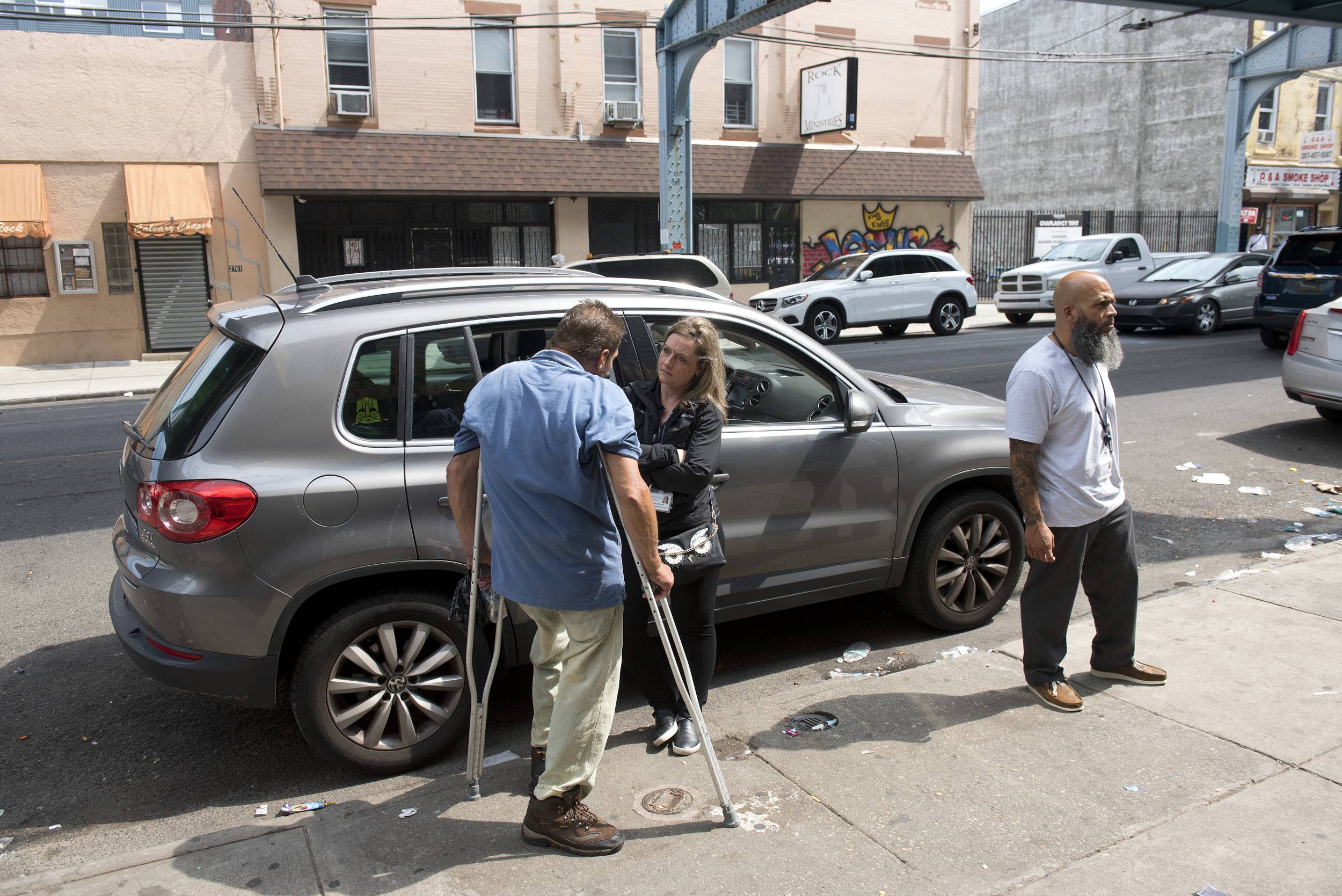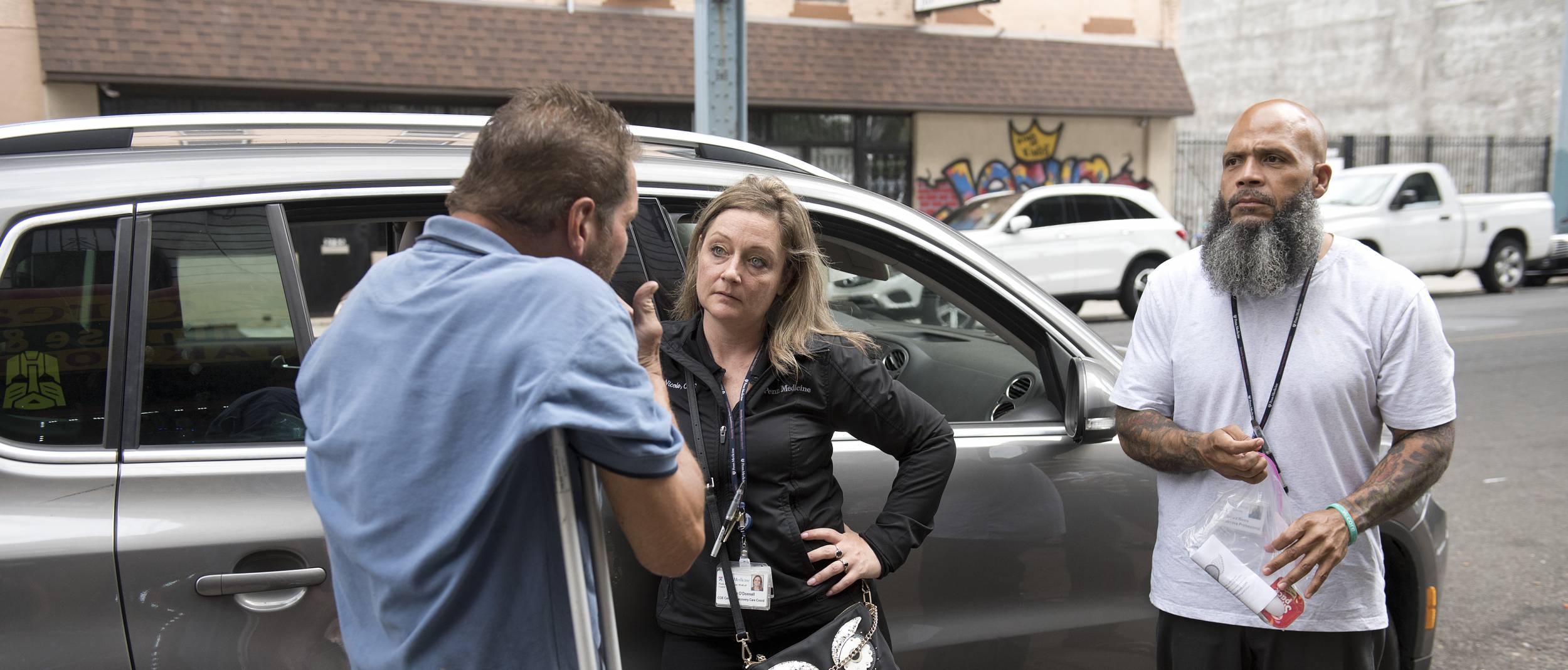
The first time she narrowly avoided death was in 2005; the second was in 2006. In both cases, Naloxone – the overdose reversal drug better known as Narcan – saved her life, even though she didn’t think it was worth saving.
Story by Natalie Pompilio
Photos by Peter Tobia
“When you’re in active addiction, you don’t give a s—t. You don’t want to be sick. You don’t care about yourself. I wanted to not wake up. I thought everybody would have been better off without me,” said O’Donnell, now a certified recovery specialist at Penn Medicine’s Center for Opioid Recovery and Engagement. “My mother didn’t have to have a funeral for me because of Narcan. My six-year-old son is here because of Narcan.”
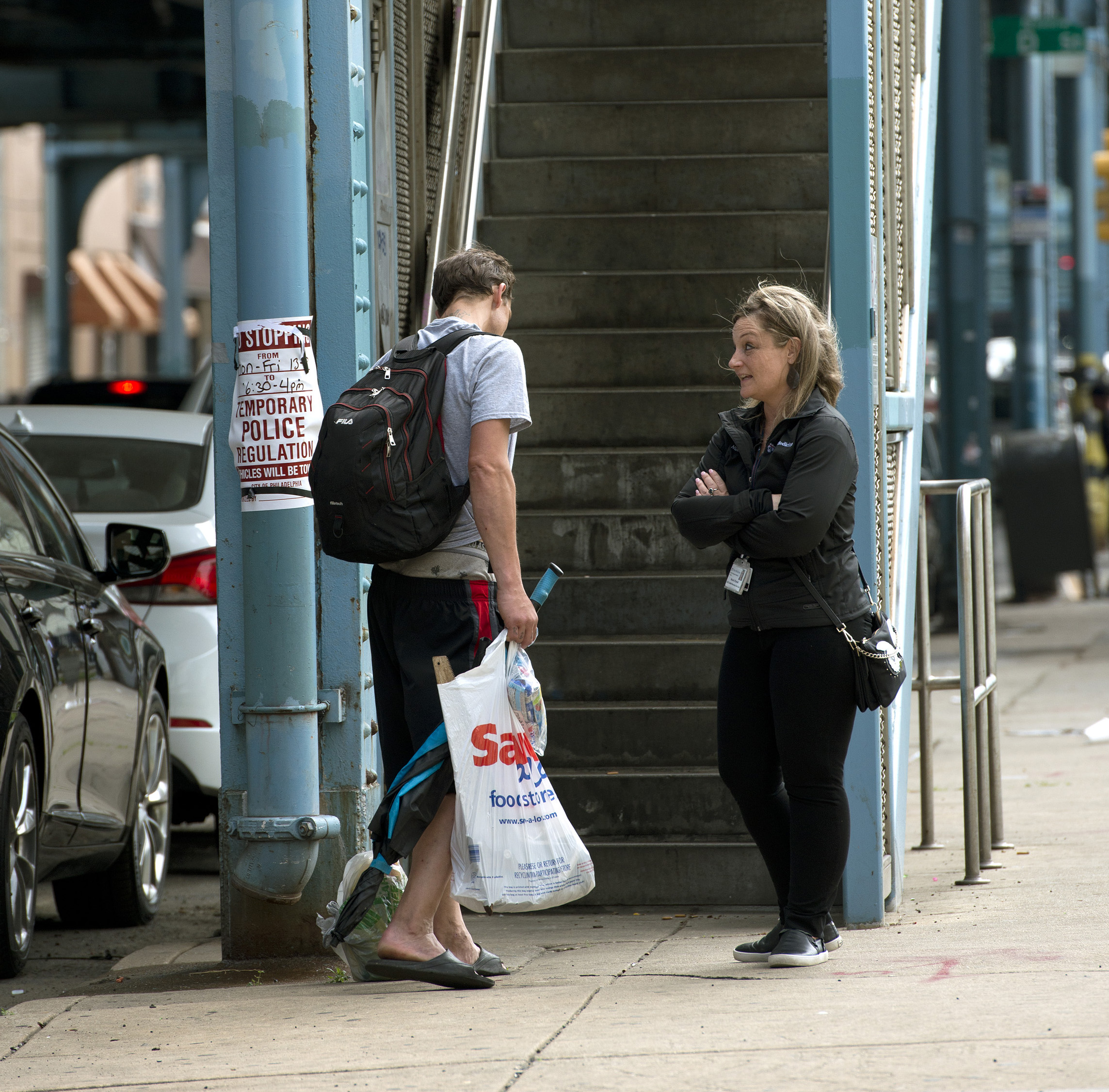
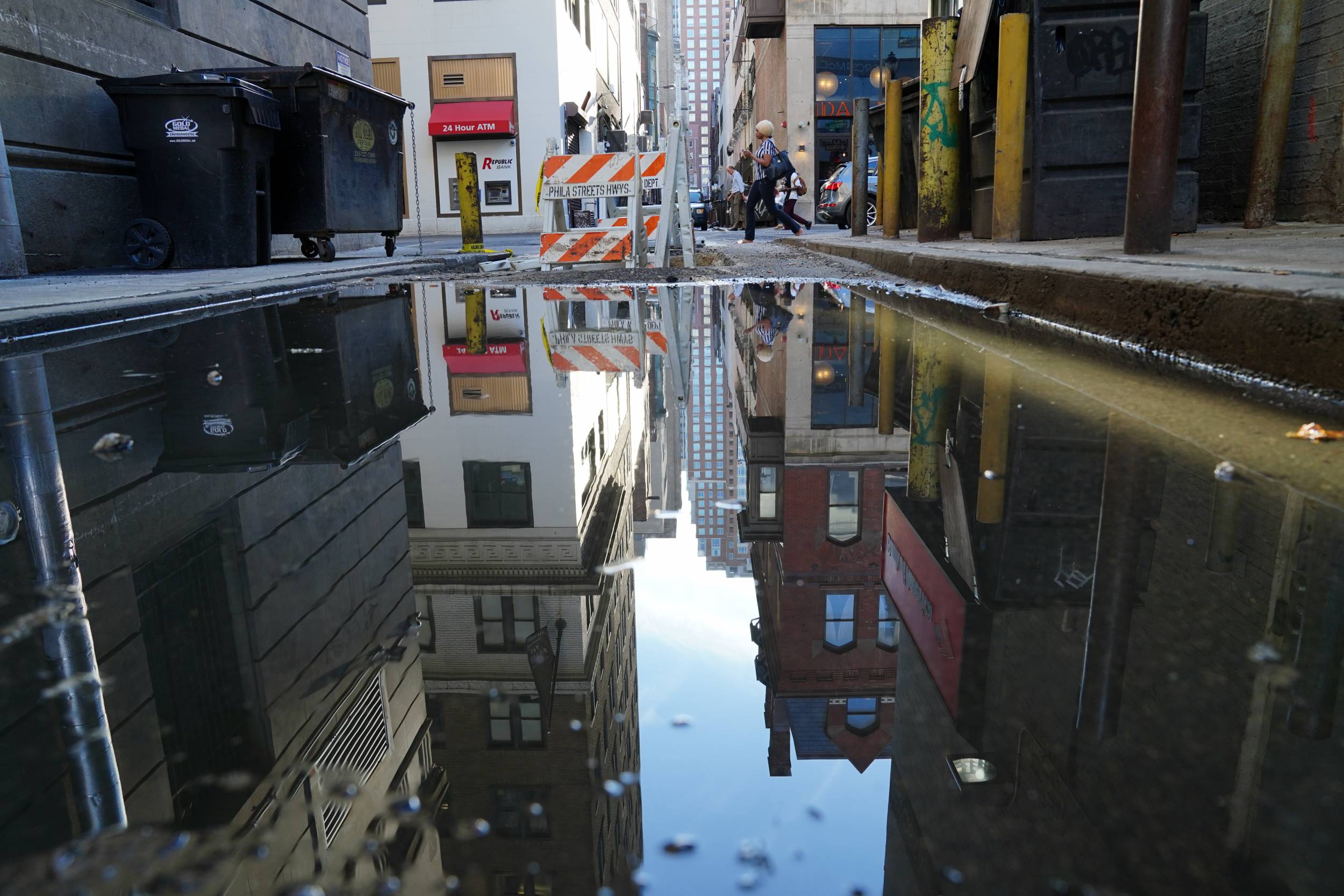
Now 10 years in, O’Donnell works to give others with substance use disorders the same chance.
She and fellow certified recovery specialist Bryant Rivera are out on the streets, forging relationships with people in active addiction and their families. She’s at the hospital, holding hands at bedsides and listening to painful stories she’s all too familiar with. She’s giving away hundreds of doses of Narcan – not only to people who use drugs but also their families and friends and neighbors – in the hopes that those who overdose will get a second – or third or fourth – chance, however many it takes, so they can find a better, healthier path.
“It’s about reducing harm and saving lives,” she said.
In 2014, O’Donnell’s sister, Jessica, died from an overdose. She was alone at the time.
“Doing this (outreach) gives her death meaning. It wouldn’t make sense to me any other way,” O’Donnell said. “I try to be the person she didn’t have to ask for help and I try to treat everybody how I would want her to be treated.
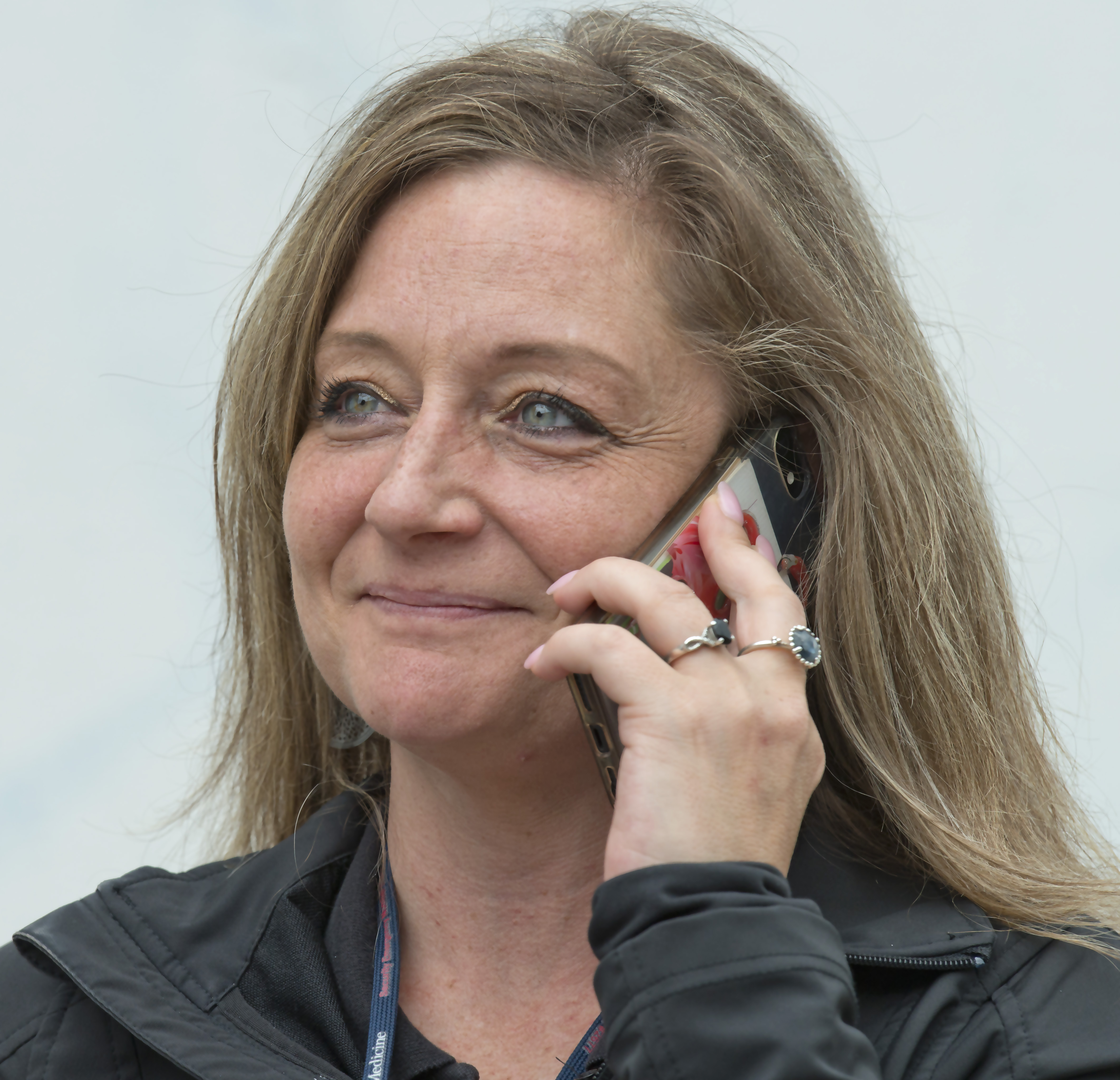
One critical part of O’Donnell’s work is building relationships with those struggling with addiction. Her past struggles make that easier, whether she’s talking to people who use drugs while giving out snacks in Kensington or meeting patients seeking treatment for drug-related ailments in one of three area emergency rooms.
“We tell people, ‘We’ve been there. Where are you at in your state of change? Are you thinking about (recovery)? Are you ready to take one little step, maybe not do a bundle (10 bags of heroin) a day but do five a day?” We meet them where they’re at,” she said. “And if they want to do heroin, we ask, ‘How can we help you not die?’ That’s literally our job.”
Compassion is key, O’Donnell said. After her two overdoses, she woke up in a hospital where medical personnel had no interest in her.
“They were very cold. Nobody tried to engage and ask if I wanted help for this problem. Nobody worried about how I was going to get home,” she recalled. “I might have, I don’t know, listened. I wasn’t so far gone then that I wouldn’t have talked to somebody about getting help.”
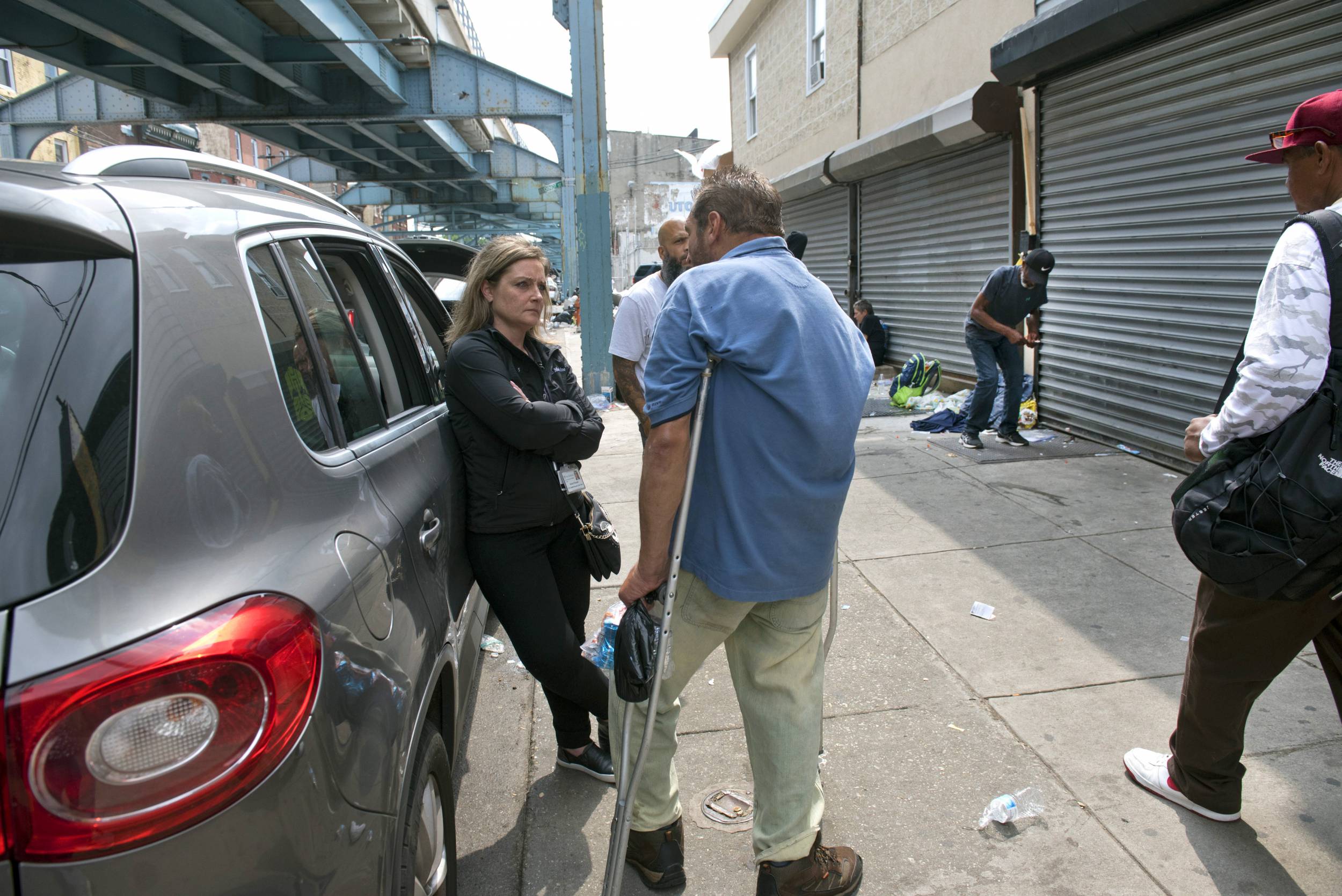
One of the first people O’Donnell saved with Narcan was an older man dressed in a black coat and blue jeans. He was lying on the ground in a Kensington park.
First, she rubbed his sternum, gave him a little pinch, “something to see if they respond to you at all.” He didn’t. She said she had Narcan “because they’ll get up because they don’t want Narcan. They’ll go into withdrawal.” The man still didn’t respond.
She sprayed the drug in the man’s nostrils.
“He popped right up,” she recalled.
He rejected an ambulance ride to the hospital and walked away. She doesn’t know what’s happened to him since.
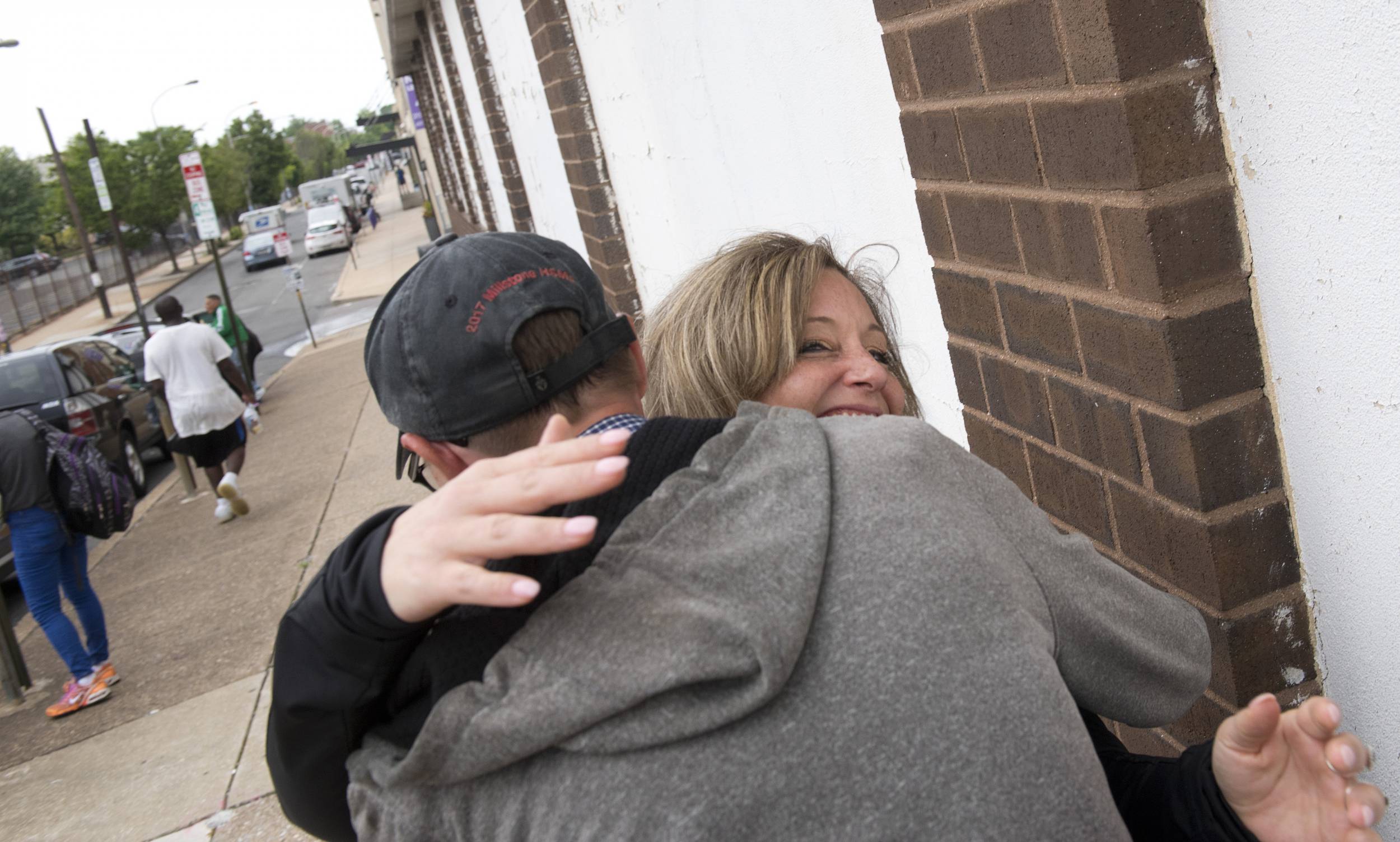
O’Donnell’s heard “crazy nonsense” about Narcan: It enables drug users. People are hoarding it and having “Narcan parties.” Distributing it is government-sanctioned drug dealing.
No, she said. Unless they’re suicidal, most people who use drugs don’t want to overdose. No one wants to feel the effects of withdrawal that Narcan can bring on. Giving away Narcan is about preserving life, not facilitating further opioid abuse. People who fatally overdose never get a chance to recover.
“People who overdose aren’t necessarily ready to stop using,” O’Donnell said. “We try to be compassionate enough so that when somebody’s ready, they come back to us for help.”
Other people have challenged her by noting the chemotherapy and the EpiPen aren’t free, why should Narcan be?
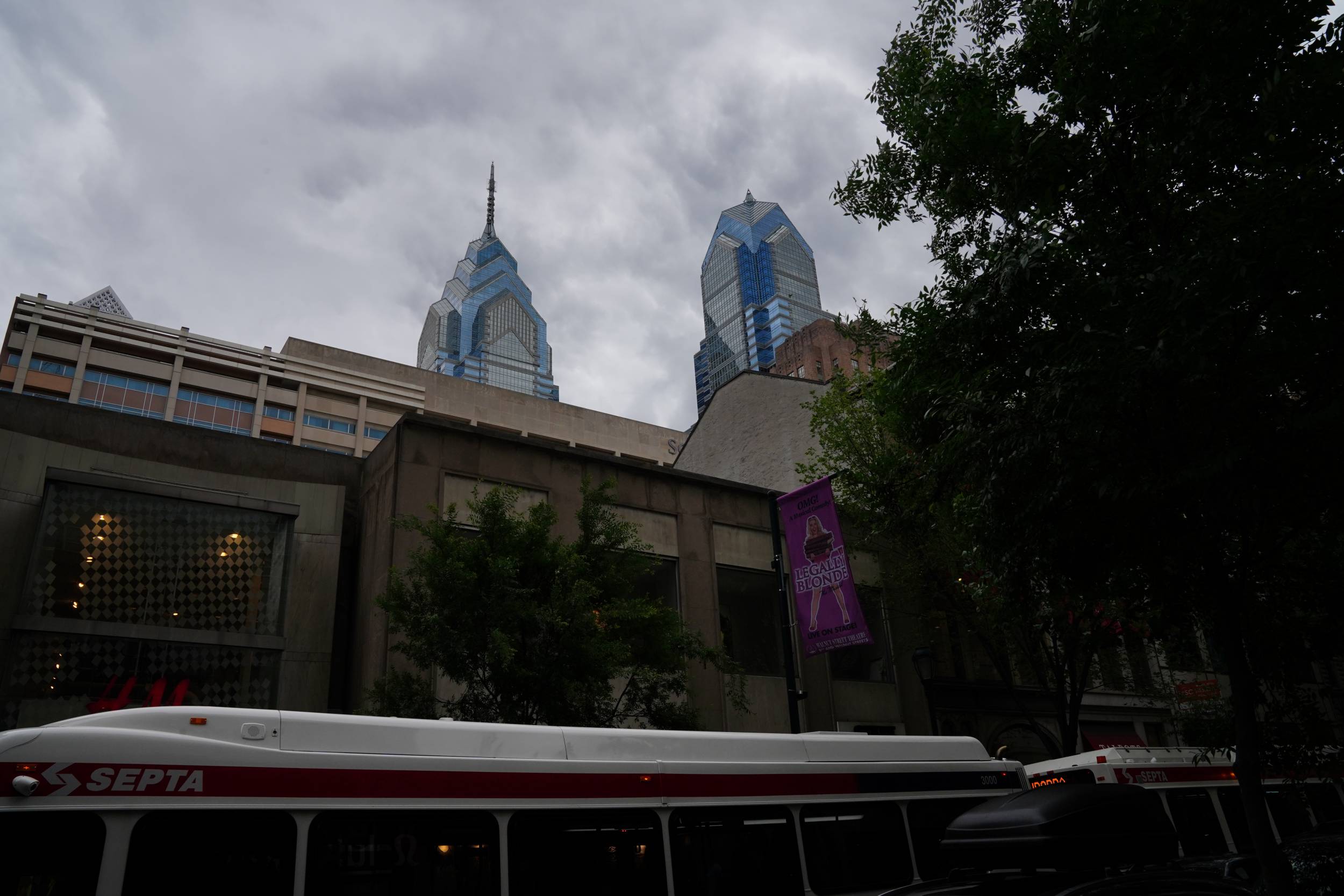
“I’ll educate them. Chemo is treatment and Narcan is not,” she said. “As for EpiPen, Narcan was advocated for (on the state and federal government levels). If you want to advocate for EpiPen, I will help you. I will show you how we advocated for Narcan and how you can advocate for EpiPen.”
O’Donnell knows some people won’t be moved by her arguments. That’s fine, she said. It’s not going to keep her from doing her job.
“We have to keep doing the things we’re doing so people don’t die,” she said. “We could be the last person to see someone breathing if we don’t do the right thing. That’s dramatic, but it’s true.”
